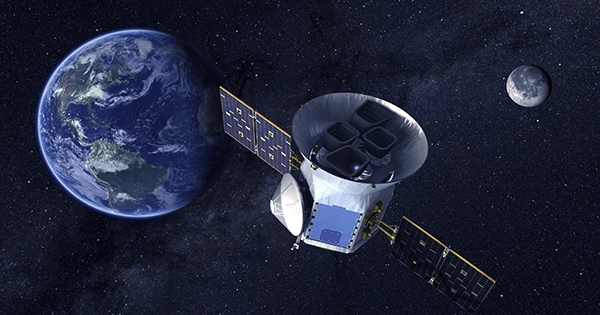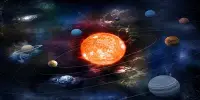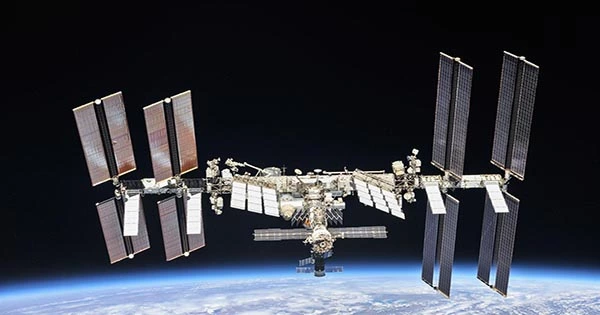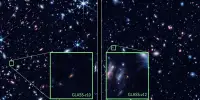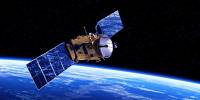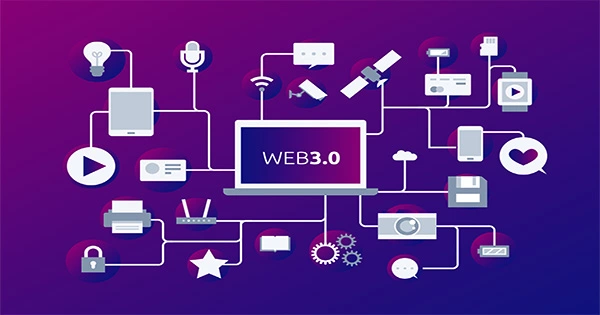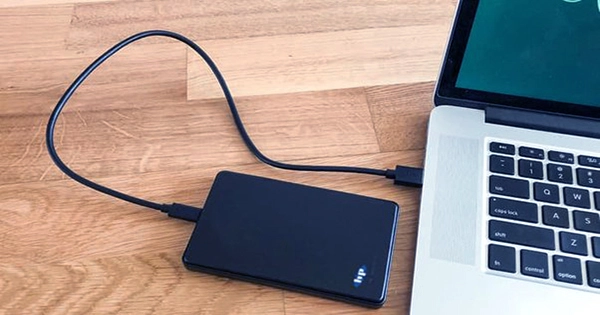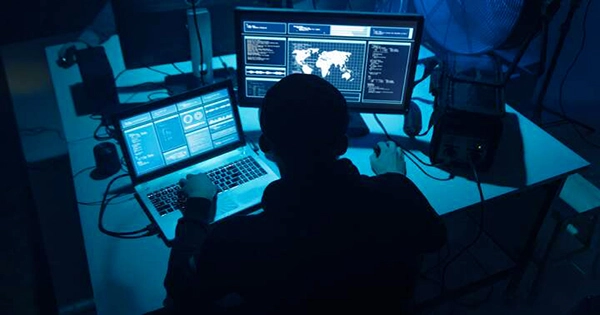What happens to humanity when we learn we are not the only species in the universe? The University of St. Andrews will combine international knowledge to get humanity ready for such a catastrophe and how we should react through the creation of a new international research hub.
While it’s possible that we’ll never learn whether there is life elsewhere in the universe or even if there is another advanced civilization, there is a chance that it will be discovered sooner rather than later. However, are we ready?
The University of St. Andrews’ Centre for Exoplanet Science and Centre for Global Law and Governance will serve as hosts for the new SETI Post-Detection Hub, which will serve as a coordinating hub for an international effort to establish impact assessments, protocols, procedures, and treaties that will allow for a responsible response.
“Science fiction is saturated with examinations of the influence on human society upon discovery of, and even interactions with, life or intelligence elsewhere,” stated Dr. John Elliott, Honorary Research Fellow in the School of Computer Science at the University of St. Andrews and coordinator of the Hub.
“However, we must look beyond the influence on humanity. As our understanding develops and what we know and don’t know is conveyed, we need to coordinate our expert knowledge in order to appraise the facts and take into account the human social response. And this must be done right away.
“We shall develop our understanding in many phases as we learn ‘Extra-Terrestrial’ during the intricate and time-consuming process of scanning signals of presumed extra-terrestrial origin for patterns of language and assigning meaning.”
The SETI Post-Detection Hub will address ethical science communication in the age of social media and bridge a major policy vacuum.
The Royal Society’s Scientific Discussion Meeting on “The detection of extra-terrestrial life and the consequences for science and society” in 2010 was a rare instance of the topic receiving attention, and Mazlan Othman, the UNOOSA’s then-director, had to refute a rumor that she had been named a “alien ambassador” as it emerged in the media.
In order to deal with the threat posed by asteroid impacts on Earth, the United Nations has developed procedures and organizations. However, there is nothing comparable in place for receiving a radio transmission from extraterrestrial life.
The only accepted “contact” protocols in use right now are those created by the SETI community itself in 1989 and last updated in 2010. They are unhelpful in managing in practice the complete process of searching, handling candidate evidence, confirming detections, post-detection analysis and interpretation, and potential response because they are solely focused on general scientific conduct.
The SETI Post-Detection Hub, which brings together interested members of the SETI and larger academic communities as well as policy experts to work on topics ranging from message decipherment and data analytics to the development of regulatory protocols, space law, and societal impact strategies, offers for the first time a permanent “home” for coordinating the development of a fully comprehensive framework.
Will we ever hear from ET? asked Dr. Elliott. We are unsure. And we have no idea when it will occur. But we are aware that we must be adequately prepared for an event that might happen as soon as tomorrow and that we must not mismanage from a scientific, social, or political point of view.
